Combined thyroid hormone therapy treats hypothyroidism in the same way as levothyroxine.
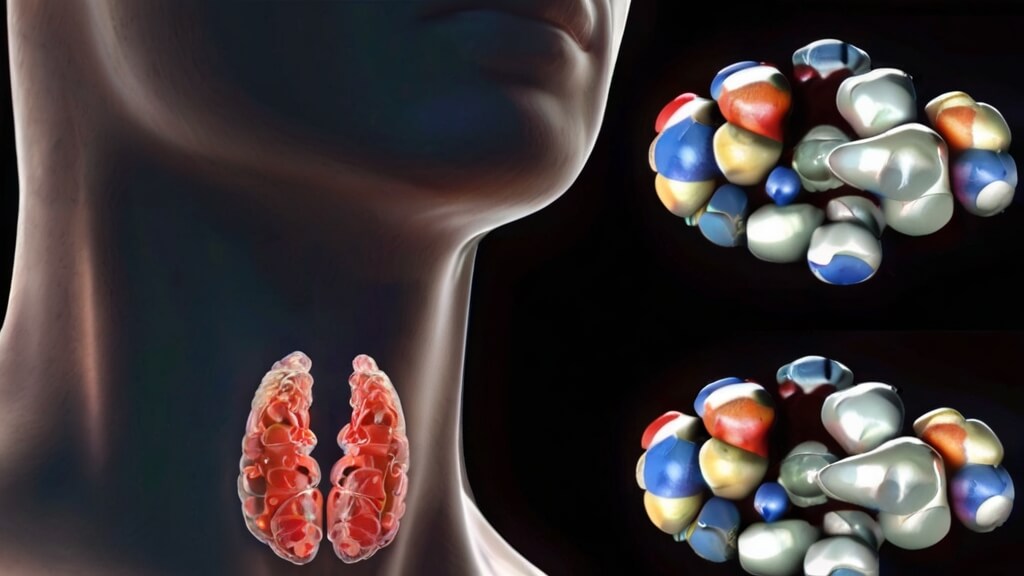
Treatment of hypothyroidism caused by underactive thyroid should be individualized, and alternatives to first-line therapy, such as dry thyroid extract or combination therapy to replace the two major thyroid hormones, thyroxine (T4) and triiodothyronine (T3), should be considered. Results of the new randomized clinical trial will be presented at ENDO 2021, the annual meeting of the Endocrine Society.
According to the researchers, the combination therapy was as effective as standard treatment with levothyroxine alone.
More than one in 10 patients with hypothyroidism continue to experience fatigue, mental fogginess, weight gain and other symptoms despite taking Synthroid, said the study’s lead investigator from Walter Reed National Military Medical Center in Bethesda, Md. Tan D. Hoang, MD, an endocrinologist at Walter Reed National Military Medical Center in Bethesda, Md.
According to Hoang, some of these patients experienced dramatic improvement in their thyroid symptoms that “changed overnight” after switching to defatted thyroid extract (DTE), one of the drugs tested in the new study.
DTE, also known as thyroid USP, is the original hypothyroidism drug created nearly 100 years ago. Unlike levothyroxine, which contains only one type of thyroid hormone (thyroxine, T4), DTE is taken from the thyroid glands of animals and contains both T4 and triiodothyronine (T3), the main thyroid hormones in the body, Hoang said.
Previous studies by Hoang’s group have shown that DTE may be safer than Synthroid for moderate weight loss and improved mental health.
In the new study, Hoang and colleagues examined the effectiveness of DTE in reducing thyroid symptoms as well as another combination therapy, levothyroxine and liothyronine (the pharmaceutical version of T4 and T3). Some studies have shown this combination to be more effective than Synthroid monotherapy, while others have failed to demonstrate superiority. Therefore, doctors don’t always consider this combination therapy when levothyroxine is not effective enough, Hoang says.
The researchers randomized 75 adults with hypothyroidism to receive one of three different drugs for three months: DTE, levothyroxine and liothyronine combination therapy, or Synthroid alone After three months, patients were randomized to receive three more months of treatment, with the last three months being treated with a third drug. The last three months were spent on a third pharmacologic therapy. Neither the patients nor the researchers knew which drug the patients were taking. At the end of each phase of treatment, patients completed a questionnaire about their thyroid symptoms.
The researchers found no significant differences between the three treatments in symptom relief. However, according to Dr. Hoang, most patients preferred the combination treatment over levothyroxine alone. Among study participants, 45 percent of patients preferred DTE to the other two treatments, 32 percent preferred the combination of Synthroid and liothyronine, and 23 percent preferred levothyroxine alone. Patients with Hashimoto’s disease, an autoimmune disease that is the most common cause of hypothyroidism in the United States, were more likely to prefer combination therapy.
Hoang said it would be useful for physicians to select which patients initially respond better to combination therapy than to levothyroxine monotherapy, so the researchers are continuing to examine the data to look for potential predictors of response to treatment.
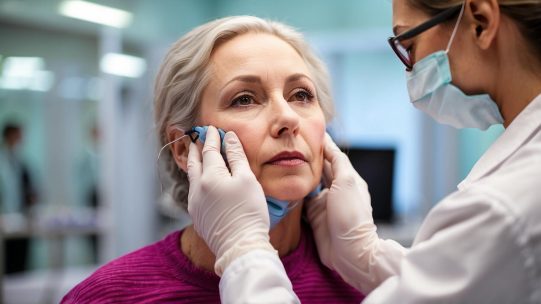
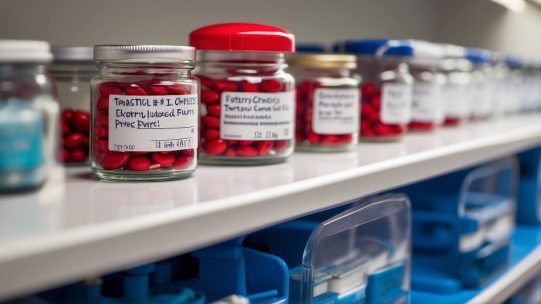
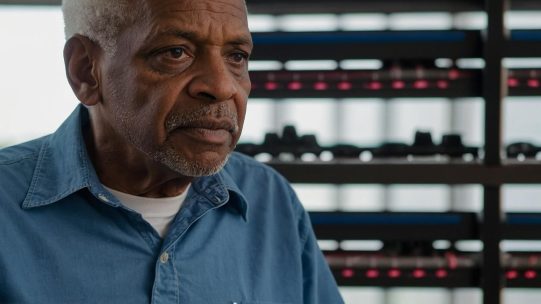
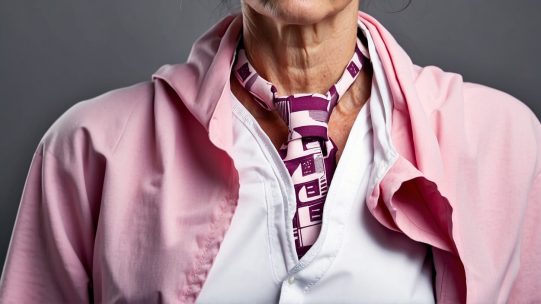
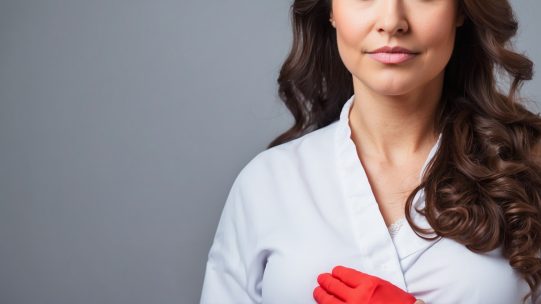
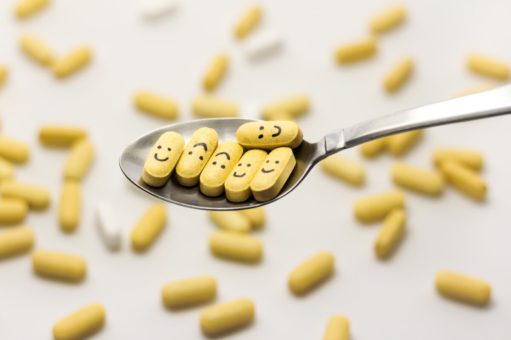

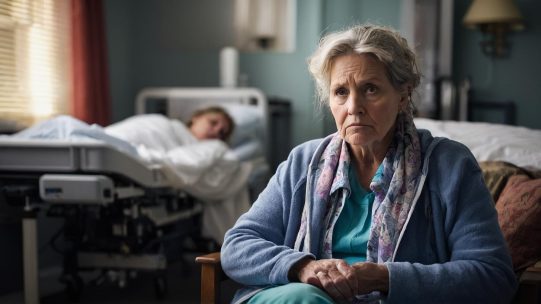


Comment